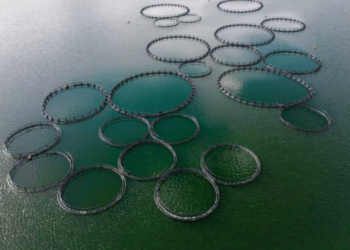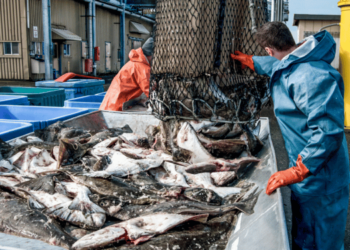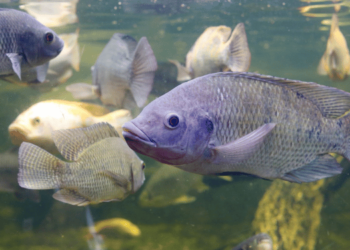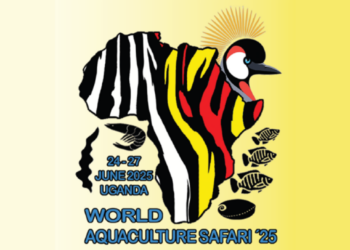GFCM approach to mitigating interactions between fisheries and vulnerable species – The Mediterranean and Black Sea region is one of the world’s most important biodiversity hotspots, due to its wealth of species, many of which are rare and vulnerable. These ecosystems are home to a wide range of marine mammals, turtles, seabirds, sharks and rays, which play crucial ecological roles.
Threats to biodiversity
Vulnerable species are continuously threatened by direct and indirect human activities. Intensive fishing, pollution, habitat degradation and climate change are among the main causes of stress to these ecosystems. Assessing the distribution, abundance and ecological status of vulnerable species is essential to implement effective conservation strategies.
Interactions between fisheries and vulnerable species
Interactions between fisheries and vulnerable species often lead to negative outcomes. Many species become entangled in fishing gear, becoming by-catch, while others, such as dolphins and sharks, can damage fishermen’s equipment, causing economic losses. FAO’s General Fisheries Commission for the Mediterranean (GFCM) has launched a Regional Plan of Action (RPOA-VUL) to monitor and mitigate these interactions in the Mediterranean and Black Sea.
It is a 10-year plan that contributes to the GFCM 2030 strategy. It aims to reduce bycatch of vulnerable species and minimise predation by dolphins. The GFCM supports member countries in collecting and evaluating information, facilitating the implementation of management measures based on accurate data.
The GFCM guides to monitoring bycatch of vulnerable species in Mediterranean and Black Sea fisheries and dolphin predation in Mediterranean and Black Sea fisheries contain protocols for doing so.
Pilot projects for conservation
Five pilot projects have been launched in different sub-regions of the Mediterranean. These projects, implemented in collaboration with partners such as BirdLife International and ACCOBAMS, aim to strengthen monitoring programmes and test mitigation measures to reduce bycatch. For example, BirdLife International works to mitigate the impacts of longlines on seabirds off the Balearic Islands.
In the Black Sea, the CetaByM project, in collaboration with ACCOBAMS, seeks to assess and mitigate cetacean bycatch in the turbot fishery. This project is crucial as gillnets used for turbot pose a significant risk to common harbour porpoises, which often become entangled.
Supporting sustainable fishing and conservation
The promotion of sustainable fishing and the protection of vulnerable species are essential to maintain healthy marine ecosystems. Through international collaborative projects and the support of donors such as the European Union, the GFCM works to reduce the negative impacts of fishing and protect marine biodiversity.
GFCM approach to mitigating interactions between fisheries and vulnerable species









